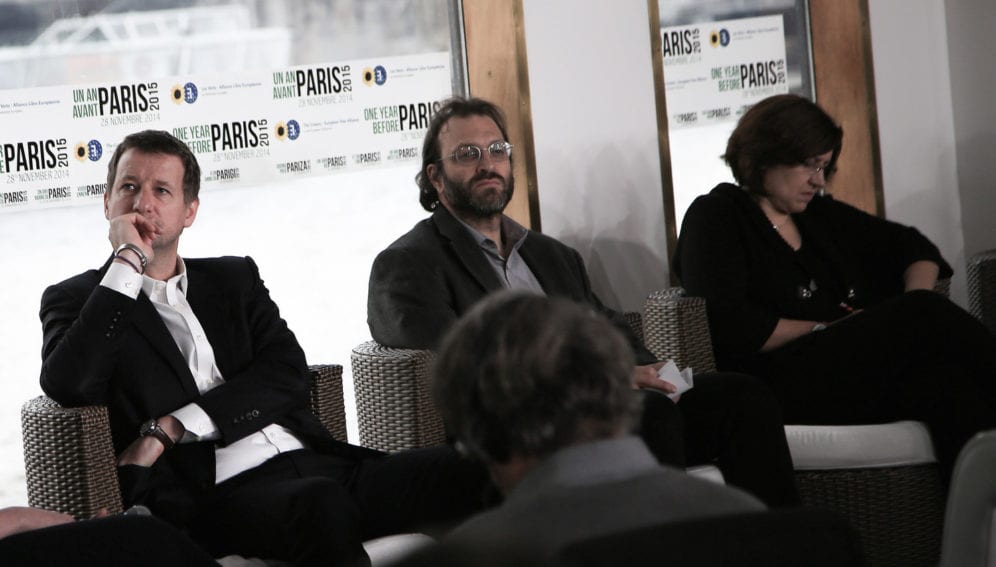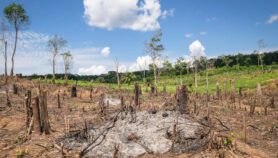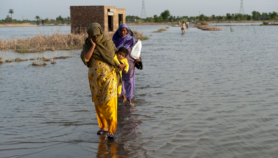By: Fatima Arkin
Send to a friend
The details you provide on this page will not be used to send unsolicited email, and will not be sold to a 3rd party. See privacy policy.
[MANILA] Any outcome of the upcoming climate conference in Paris will not be enough or come fast enough for small island developing states (SIDS), says Maarten van Aalst, director of the Red Cross/Red Crescent Climate Center.
Last 7-11 September, heads of states and foreign affairs ministers from 14 Pacific islands as well as Australia and New Zealand gathered in Papua New Guinea to discuss issues focusing on climate change and rising sea levels in the lead-up to the UN conference in December.
While the summit produced a declaration on climate change action, the SIDS failed to convince developed countries such as Australia to agree to a limit of 1.5 degrees Celsius temperature increase that could better protect low-lying islands from the increasing effects of climate change.
“I could see that the SIDS are extremely worried,” van Aalst tells SciDev.Net about the climate change issues that are a question of survival for the vulnerable Pacific states. “They’re in a difficult position in terms of how to accept whatever will come out of Paris.”
“That makes it very cumbersome for them to even consider how these different pieces of the puzzle need to fit together,” adds van Aalst. “They feel like they just need to stand up for the strongest targets on mitigation.”
But he says it is clear that the major countries, based on their intended nationally determined contribution to reducing greenhouse gases, are not going to adhere to a limit of below 2 degrees Celsius in temperature increase that the UN has set, let alone the 1.5 degree Celsius that the SIDS want.
“SIDS are extremely worried. They’re in a difficult position in terms of how to accept whatever will come out of Paris.”
By Maarten van Aalst, Red Cross/Red Crescent Climate Centre
When the SIDS negotiate at the upcoming climate talks, van Aalst says they will need to ask for additional investments in resilience for the short term. These can include anything from community-based projects that establish better early warning systems to large-scale insurance mechanisms so that states will be able to provide services during climate shocks.
Exsley Taloiburi, acting climate change finance advisor at the Pacific Islands Forum Secretariat, tells SciDev.Net that the forum meeting was the first time that Australia and New Zealand publicly acknowledged that losses and damages will be a critical and stand-alone element in the Paris outcome.
He says it is also the first time that all forum member states agreed that whatever comes out of Paris will be an ambitious and legally binding agreement.
Shortly after the forum meeting, Australian immigration minister Peter Dutton made international headlines and was heavily criticised for a joke made to then-prime minister Tony Abbott about rising sea waters lapping at the door of Pacific countries which was picked up by a microphone (Abbott was ousted in a ruling party ballot on 14 September).
Taloiburi calls Dutton’s comments “unfortunate” but remains focused on the path ahead. “We’re looking for all the potential opportunities and avenues possible to try and amplify the Pacific voice to the global community,” he says.
>Link to the Pacific Island Forum declaration on climate change action
This article has been produced by SciDev.Net's South-East Asia & Pacific desk.














